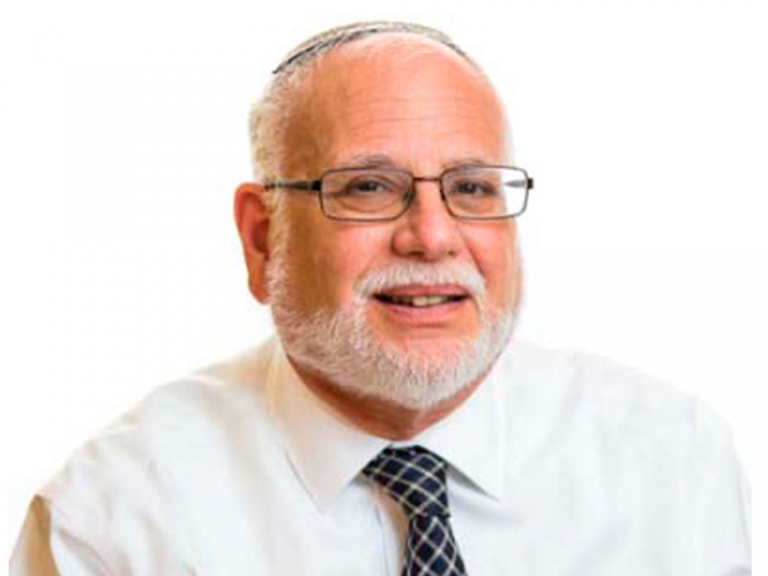
Dear Hebrew Academy Community:
Rabbi Joseph B. Soloveitchik taught that there are two forms of Shirah. The first is the human response of praise and gratitude for miracles which transcend the laws of nature. The full Hallel which we say on Pesach, Shavuot, Sukkot, and Chanukah is such a form of Shirah; it is called Hallel HaMitzri, the Egyptian Hallel, which commemorates the miracles of the Exodus. Shirat HaYam, Am Yisrael’s song of praise in this week’s Parasha as they witnessed the splitting of the sea, is similarly a spontaneous reaction to God’s supernatural intervention on their behalf. The second form of Shirah, the Rav taught, is our praise of God as we appreciate the cycle of nature. David HaMelekh was the master at composing this form of song throughout Sefer Tehilim, as we find in Pesukai D’Zimrah, the chapters of Tehilim which form the first section of Shacharit. Virtually all of each morning’s praise is of the natural order which God created and renews each day. The reality of two forms of Shirah explains the apparent contradiction between two statements in Shabbat 118a: First we find “Whoever recites Hallel daily is guilty of blasphemy,” and then, “Let my lot be with those who recite Hallel daily.” The Gemara explains that it is blasphemous to say Hallel HaMitzri each day and in effect to ask God to destroy the natural process built into creation, but thanking God regularly for sustaining the natural world is most praiseworthy.
The Rav argues that praise for the daily working of nature is of a higher order than praise for supernatural miracles. Why? First, because we see evidence of God’s work more in the natural world than in once-ever “big” miracles. As Ramban wrote, “One does not have a share in the Torah…unless one believes that every event is miraculous; there are no natural occurrences.” Second, the Divine Will is crystallized in a natural order that does not countenance radical alteration. God intervenes with miracles only when humans have sunk to a point at which supernatural assistance is required. Finally, argued the Rav, a religion based on supernatural phenomena cannot last because human experience is based on the realities of the natural world. So, it is the daily recitation of Pesukai D’Zimrah which is the highest form of Shirah to God.
The last of the 613 Mitzvot, the commandment for each Jew to write a Sefer Torah (Devarim 31:19) is “Kitvu lachem et HaShirah hazot v’lamdah el Bnai Yisrael—Write this song for yourselves and teach it to the Children of Israel.” The Torah is precise in its language: it is no accident that the word song is used as a synonym for Torah. Our task as parents and educators is to work daily, not only on special occasions, to conduct ourselves at home and in school in a manner which makes the song of Judaism omnipresent in our children’s daily consciousness and lives.
I often remind my colleagues that the Hoshanah Rabbah liturgy portrays David Hamelekh as HaMelamed Torah B’Chol Klei Shir—one who taught Torah with full musical accompaniment. Long after the details of an intricate Talmudic discussion fade from our minds, the music which accompanied it should reverberate within us. Our educational philosophy and religious goals work only if beyond expanding minds, we also enhance spirits and create opportunities for hearts to soar. The Midrash tells us that when Sancheiriv, King of Assyria, was defeated and Yerushalayim was saved, the Prophet Yeshayahu came to King Chizkiyahu and his court and said,” Zamru Hashem—Sing to the Lord.” And they asked “Why?” “Ki Gai’ut Assah—Because He has done mightily.” And King and company responded, “Moda’at Zot B’Khal Ha’Aretz—We don’t need to sing Shirah, everyone has long known the greatness of God.” In fact, reports the Midrash, Chizkiyahu responded, “The Torah I study will make up for the absence of Shirah.” Perhaps on some level that worked for Chizkiyahu but for most of us the song and joy of Judaism is a crucial component of our commitment and of our ability to transmit our way of life to the next generation. In our Parasha Moshe and the Children of Israel remind us that Shirah is the absolute prerequisite for Kabbalat HaTorah, the indispensable setting for the Revelation at Sinai. At Kri’at Yam Suf Bnai Yisrael underwent a spiritual and emotional experience, an awareness which could only be expressed in song and exultation. The only appropriate tone for a home or a school whose primary purposes are spiritual, ethical, and normative rather than solely intellectual and cognitive is a spirit of Shirah, an appreciation of and a developing love for a way of life. Our kids will come to appreciate and love the experience of Torah education and a traditional way of life at home only within the context of warmth and mutual respect which opens hearts and minds to the remarkable emotional-intellectual-spiritual beauty of our way of life.
Dr. Kalman Stein
Interim Head of School

